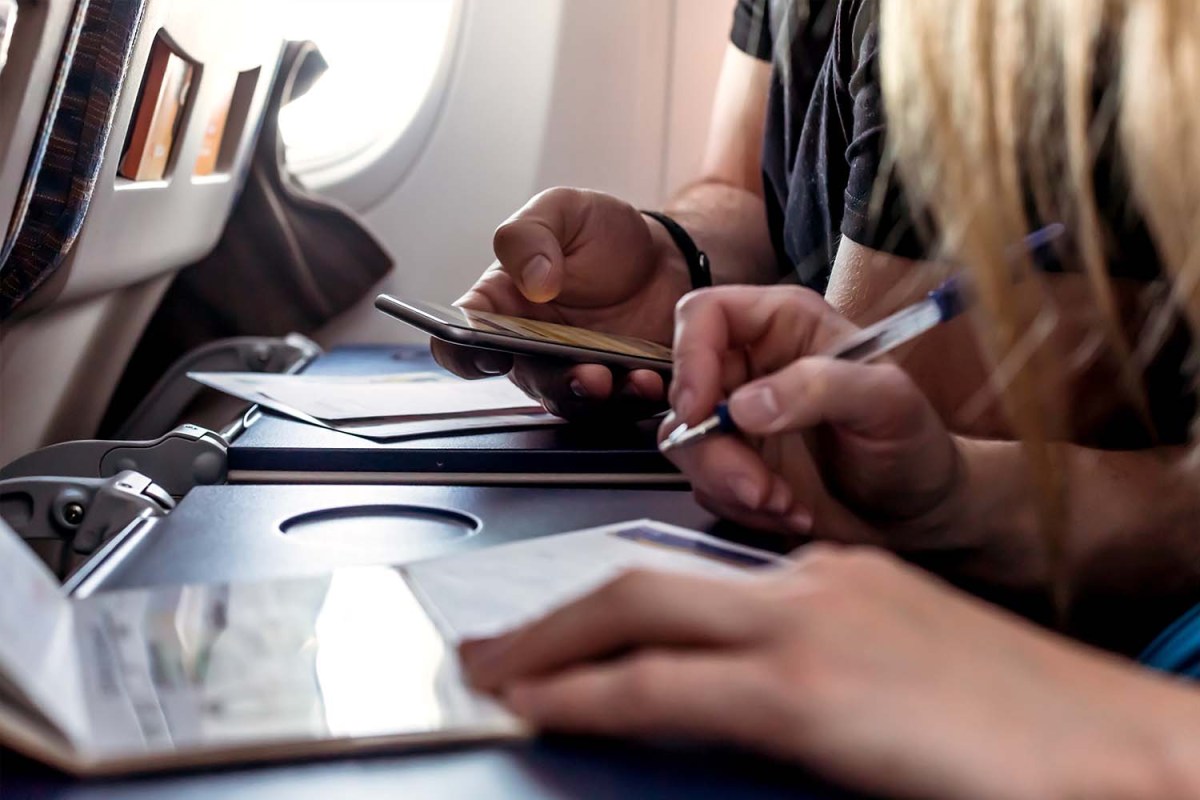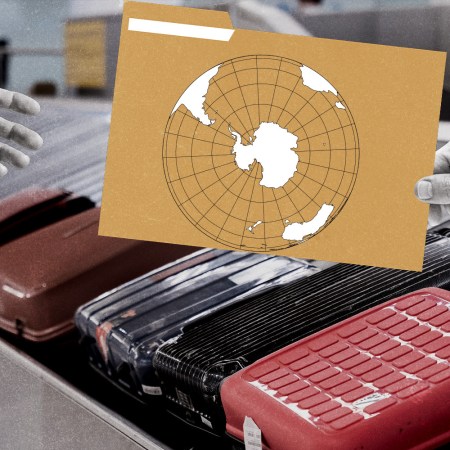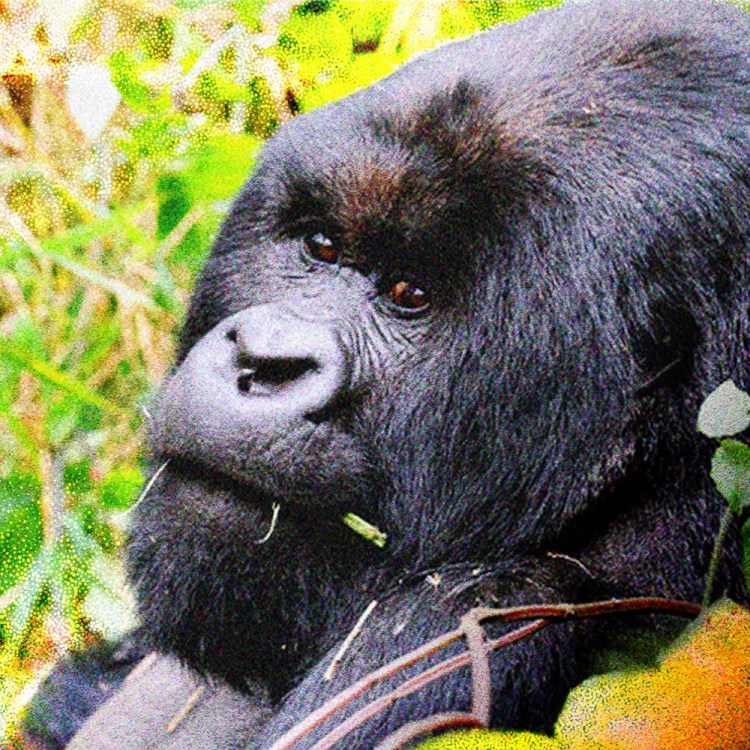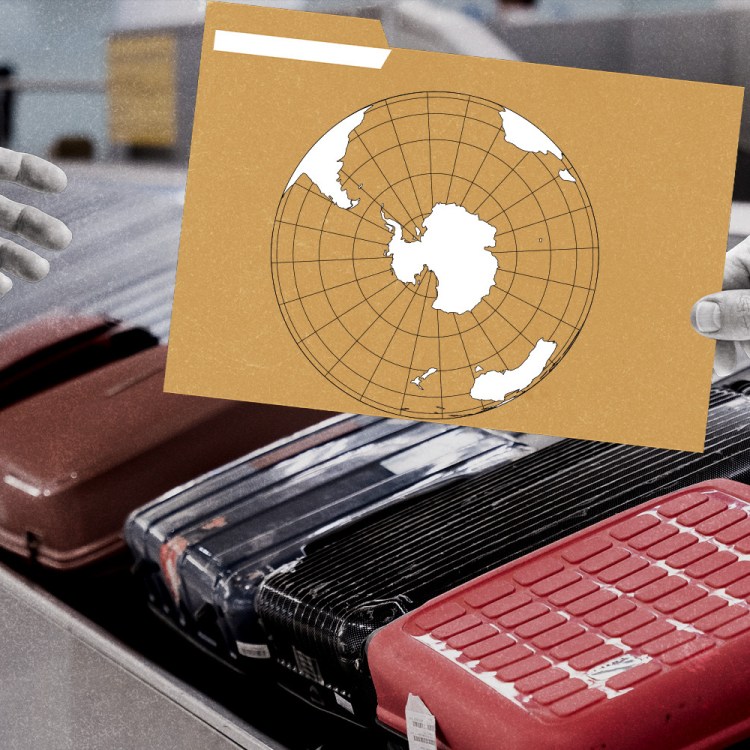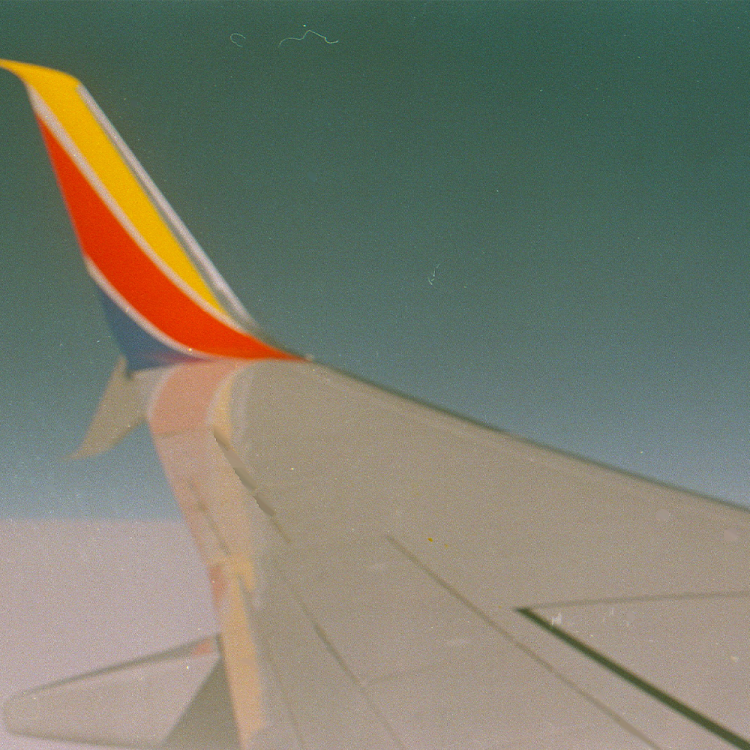Make sure your shoes are clean before going through customs.
That’s one tidbit of advice from the message boards that stuck with me ahead of my trip to Australia, though — until I overheard a woman on the plane telling her seatmate that her son was once asked to surrender his muddy shoes before being allowed to pass through — I admittedly didn’t invest too much stock in it.
The list of items inbound travelers are expected to declare is long — in Australia, but in many other countries, too. And for good reason. Some of the goods available to purchase in some countries can carry a whole host of exotic pests and diseases, which in turn can be harmful to the environment and industries in other countries. Something as seemingly innocuous as soil in the cracks of your shoes may contain biosecurity risks, like seeds, eggs or even live pests and bacteria. It’s a serious matter with equally serious repercussions for those who fail to declare their wares.
In fact, just this past weekend a woman traveling from Doha, Qatar to Perth, Australia was fined $1,200 USD for having a rose in her bag. Per a report from Travel Pulse, the traveler was given a rose at the airport lounge in Qatar, which apparently she then stashed away with the intent to freeze. After failing to declare the flower to Australian authorities, she was detained and saddled with a hefty fine. Ultimately, the woman was allowed to keep the rose as the fine was for not fully completing the immigration card and declaring the plant, not solely for having the flower.
Similarly, last summer a passenger traveling from Bali, Indonesia to the Northern Territory in Australia was fined $1,874 after two undeclared egg and sausage McMuffins and a ham croissant were found in their luggage. “This will be the most expensive Maccas meal this passenger ever has,” Murray Watt, the Australian minister for agriculture, fisheries and forestry, said in a statement at the time. “This fine is twice the cost of an airfare to Bali, but I have no sympathy for people who choose to disobey Australia’s strict biosecurity measures, and recent detections show you will be caught.”
This particular incident came just off the heels of a foot-and-mouth disease (FMD) outbreak in Indonesia, which had by then spread to Bali, causing Australia to tighten up their own biosecurity rules. So while a fine close to $2,000 for an airport McMuffin (that the passenger very well may have just forgotten about) feels a bit ridiculous initially, it really comes down to a matter of preservation.
As a report from CNN noted, FMD can be carried in meat and dairy products and, while it’s relatively harmless to humans, it can cause painful blisters and lesions on the mouths and feet of cloven-hooved animals such as cattle, sheep, pigs, goats and camels, stopping them from eating and causing severe lameness and death in some cases. For context, the Northern Territory’s cattle industry is worth $1.2 billion. More to the point, the whole ordeal could have been avoided had the traveler just declared the risk products! Of course, that doesn’t guarantee those products will be allowed through, but it will reduce the likelihood of a fine.
All of this to say: fill out your immigration card very carefully. When in doubt, declare it. After all, the aforementioned examples might be specific to Australia, but if an illegal or undeclared item is discovered coming into the U.S., fines start at $300.
Thanks for reading InsideHook. Sign up for our daily newsletter and be in the know.
